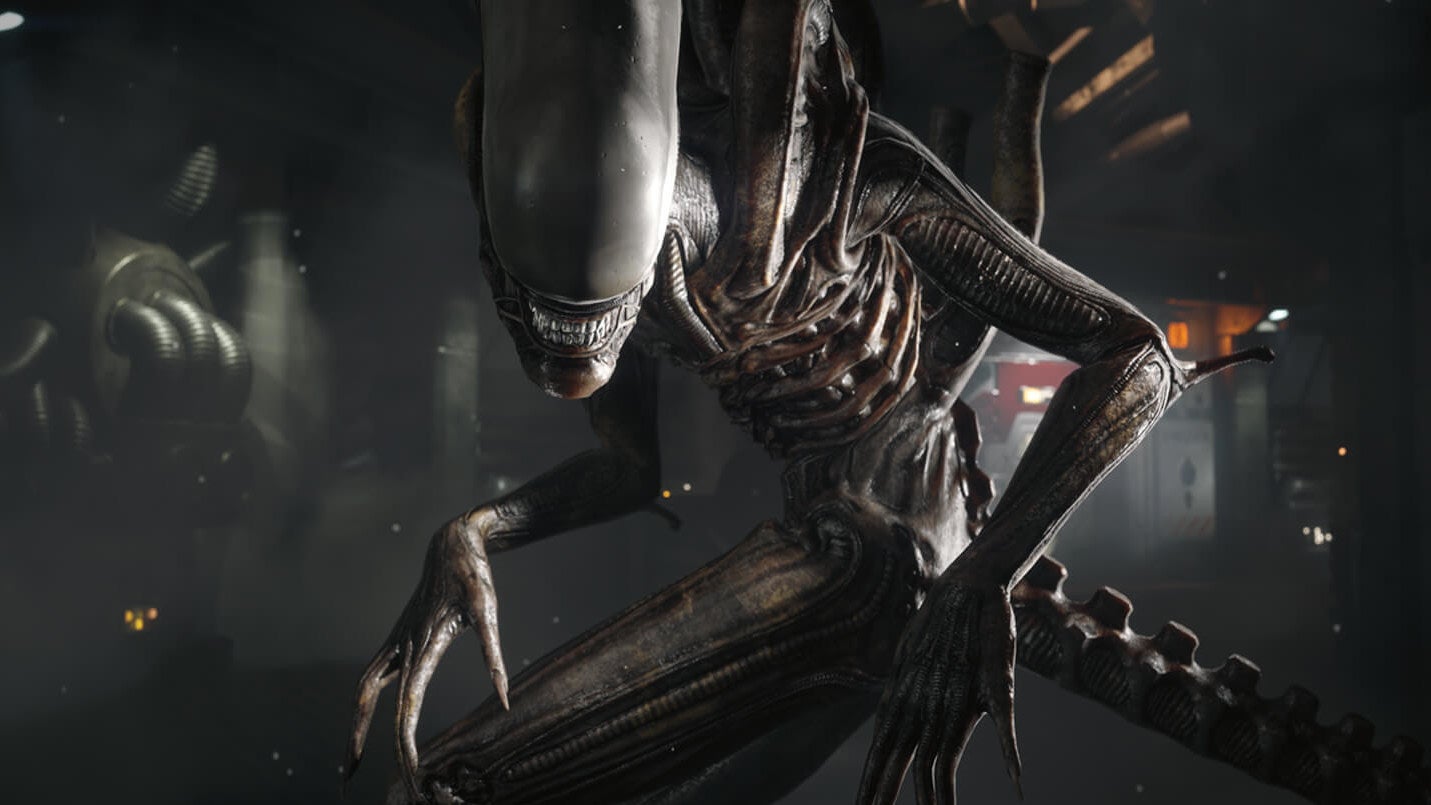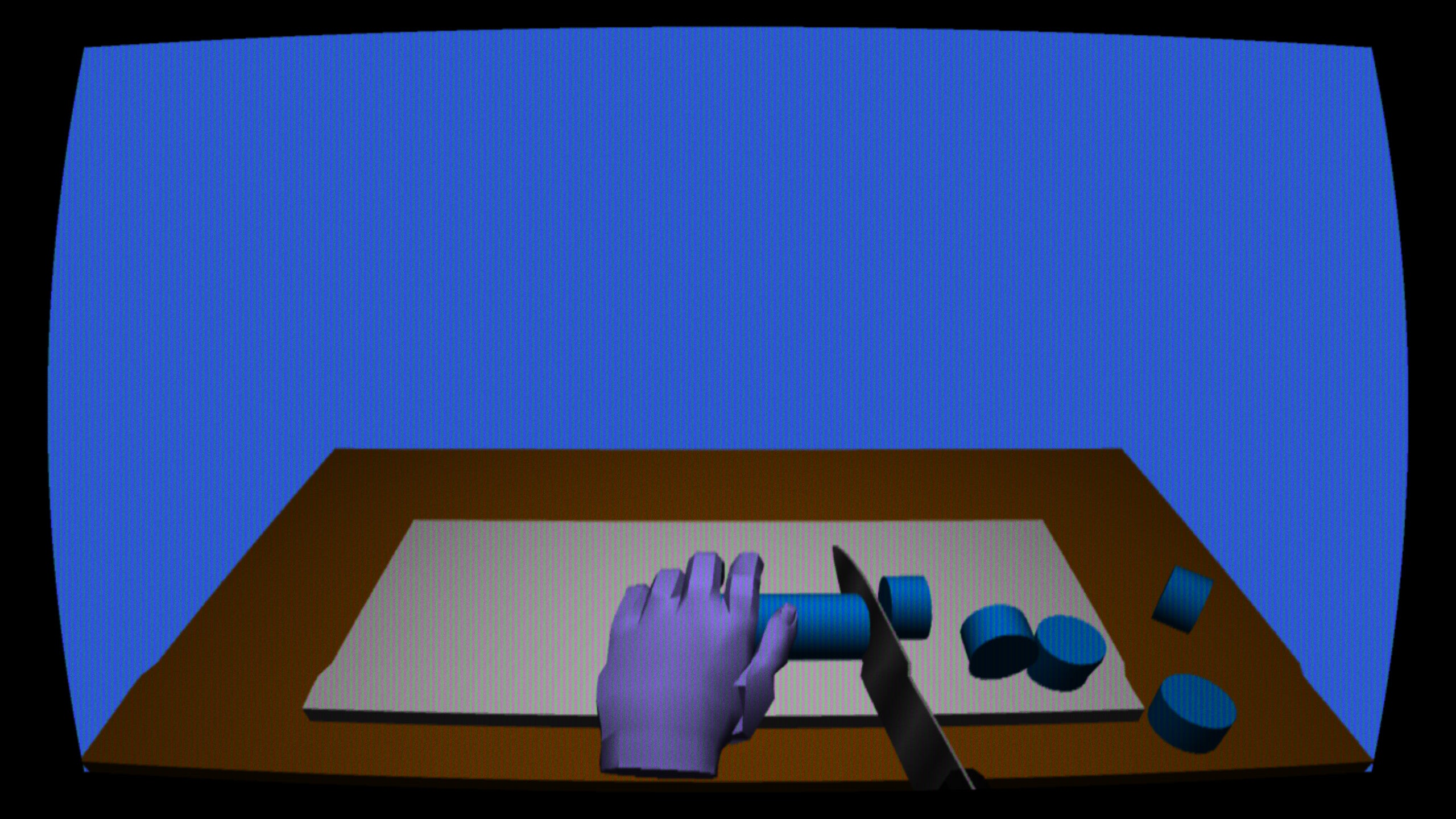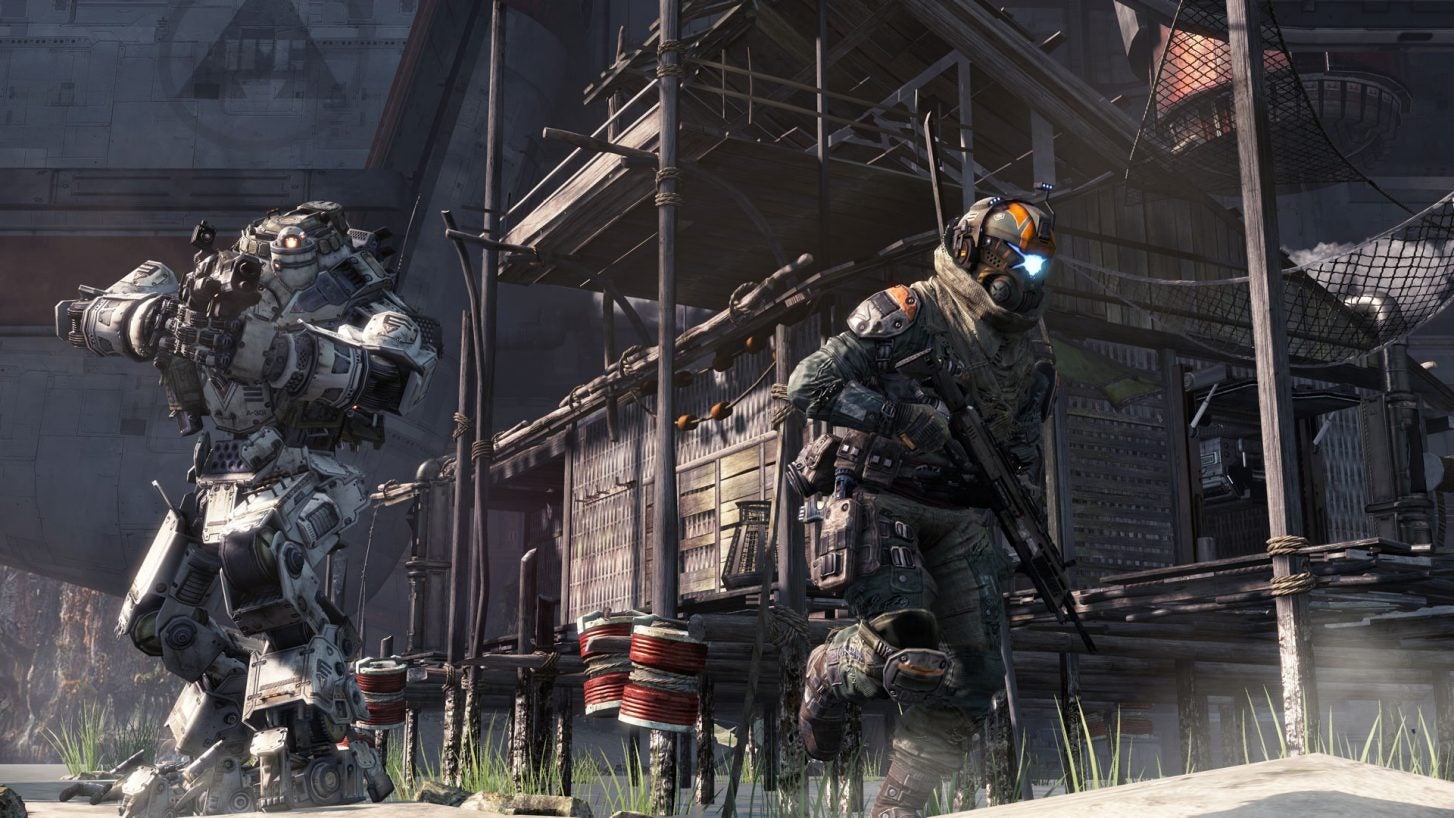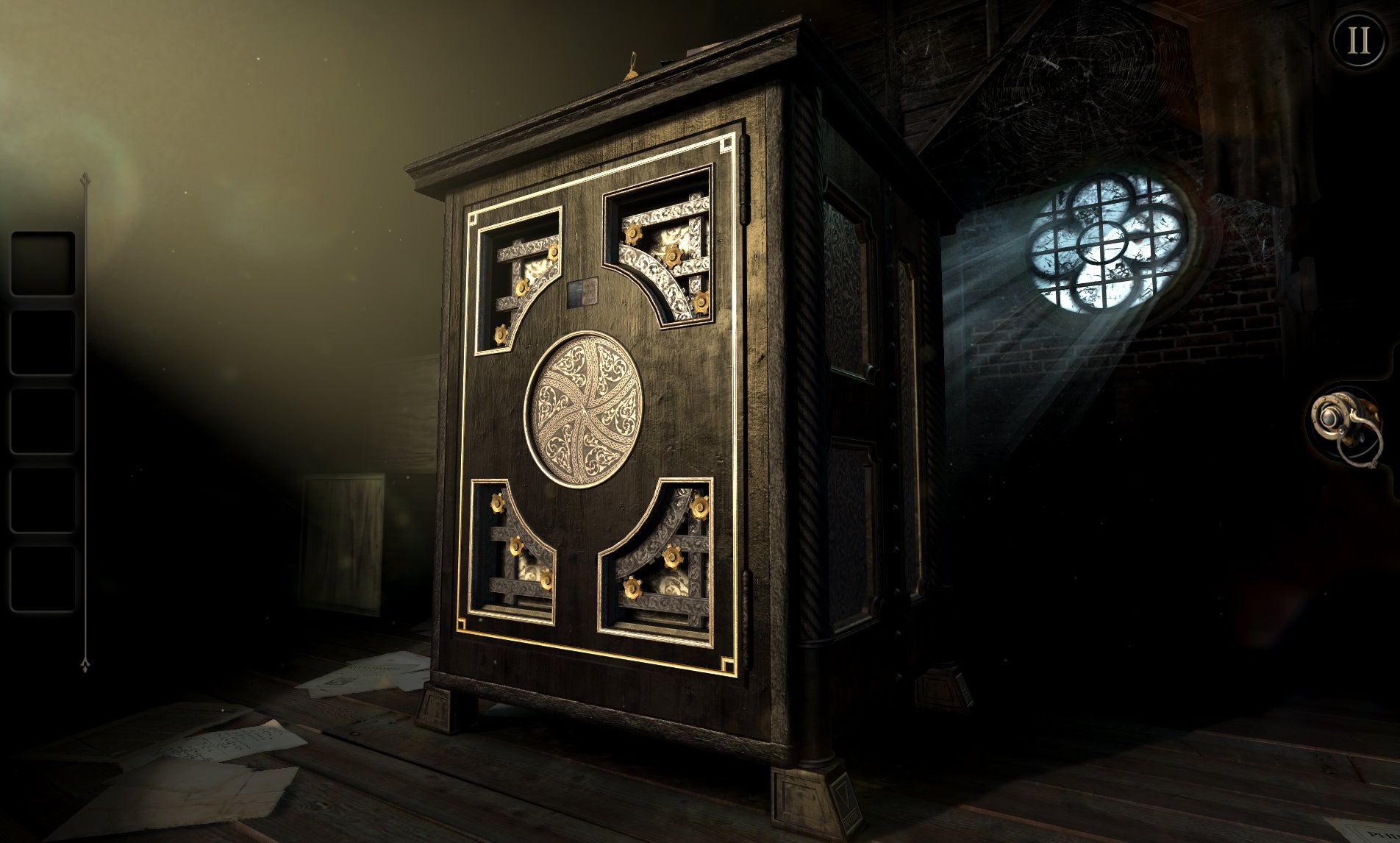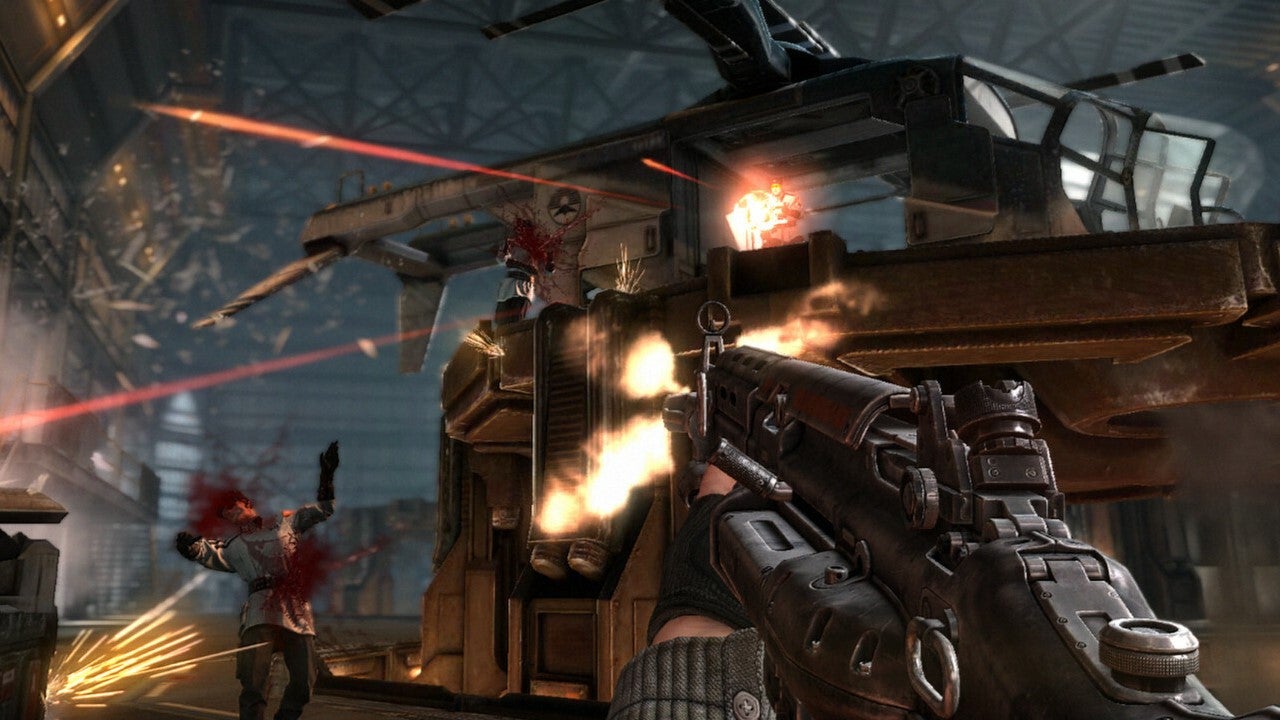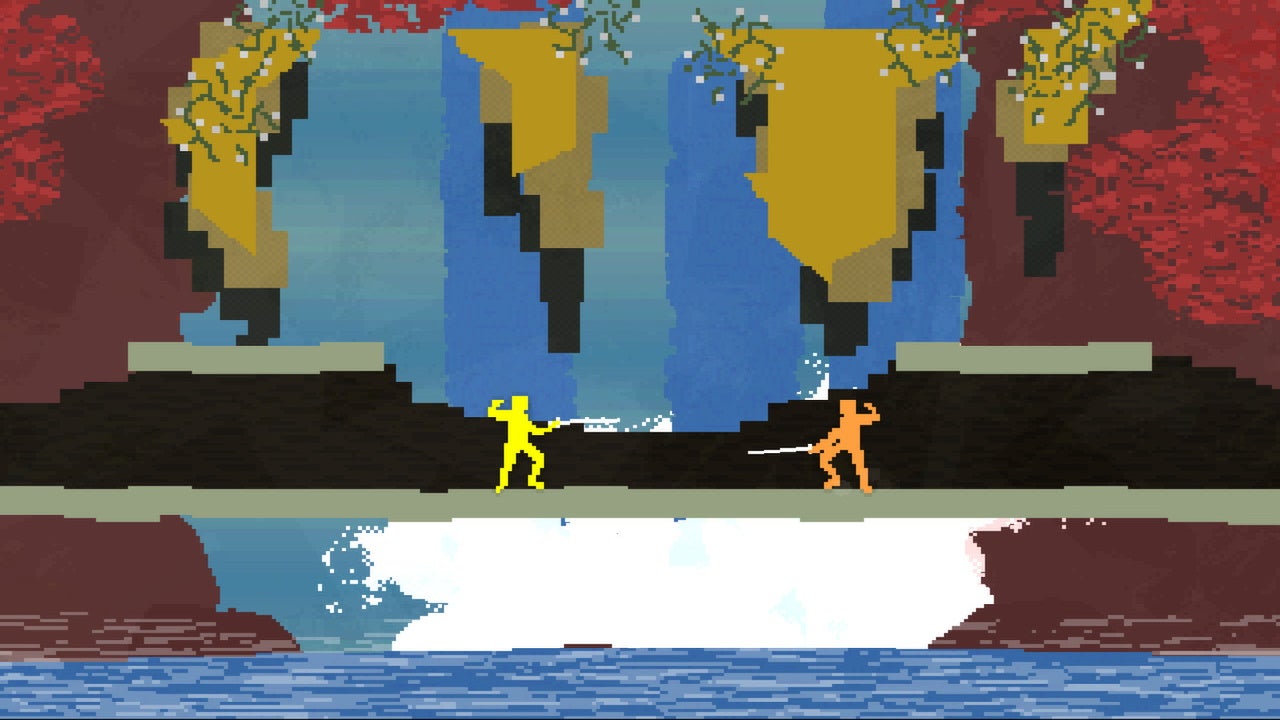Here are the rules, in case you’re in need of a reminder. As always, these lists aren’t intended to be a definitive ‘best’ list of the year in question. Rather, they’re all games we’d recommend people still play today, and have something that makes them worth saving. That might be they’re the best example of their genre, or they contain a valuable lesson that future game designers would do well to take heed of. It’s also this specific version we think people should play, too, so remasters and remakes may mean that certain games are missing from their original year of release. We’re also going by PC release dates here, not when they first came out more generally. Think we’ve missed something important off the list? Tell us about the one game from 2014 you’d save from the fiery, world-ending hellpits in the comments below.
The Sims 4
Rebecca: As if I was going to rescue anything else from the flames. The Sims 4 has a strong claim to being the most important game in my life: demonstrating an excruciatingly detailed knowledge of it nabbed me my first job in the industry. It’s also by far and away the game I’ve put most hours into overall, at least since gaming systems began recording that sort of thing for my neurotic and shame-filled perusal. I’m currently about 750 hours deep. That’s only a steady 100 hours a year since the game launched, though. I’m sure I don’t have a problem. The wonderful thing about The Sims is that it can be approached from so many different angles. Is it an architect simulator? A character modelling studio? A soap opera storytelling machine? A time- and resource-management challenge? I sometimes think no two Sims players are actually playing the same game. For me, The Sims primarily acts as the ultimate geeky playground: somewhere I can re-create favourite characters from games and other media when I find our time together is over too soon — and the powers of Create-A-Sim even extend to resurrecting the beloved dead. It’s a game that can contain every other story that I love too much to let go of straight away; a DIY patchwork of unthinkable fanfiction crossovers, precision-curated to my highly specific yet ever-shifting tastes. The metaverse could never. You’ll be unsurprised to learn that I think The Sims is one of the best game series out there, and — despite a number of fans preferring the still-supported third iteration — The Sims 4 is my go-to for a fix of that sweet gameplay loop I’ve been consistently hooked on since I first played the original back in 2001. The Sims 4 maybe isn’t the pinnacle of the series, which at one point ran the risk of collapsing under the weight of its own ambition, and has perhaps scaled back its innovations a bit too far in response to that. But its core of good Sims-y fun remains the same as ever: delivering an up-to-date take on most of the franchise’s greatest hits while being the most stable version so far, not to mention the easiest to pick-up-and-play in 2022. That counts for a lot when deciding what to encase in lucite for future generations to enjoy.
Alien: Isolation
Alice Bee: Believe it or not, I am not picking Dragon Age: Inquisition for our 2014 Time Capsule, a game I have clocked over 300 pointless hours in. And I have not, nor will probably ever finish Alien: Isolation, because it is terrifying. But I think Isolation needs to be preserved for a couple of reasons. One is that North Americans liked it noticeably less than a lot of the rest of us, this game where you crawl around a ship and spend many minutes hiding (weeping) in a locker, hoping against hope that the xenomorph doesn’t spot you. I assume this is because the game is intended to be more like the first Alien film, where you face off against but a single alien, only here you’re also facing seemingly insurmountable odds, and you do not have a lot of big guns. In fairness, Alien would not be much fun to live through, but I still find this very culturally interesting! Secondly, Alien: Isolation is a great horror game because it is, just, a masterpiece in set design. Playing as Ripley’s daughter, you are constantly jumping at half-glimpsed bits of furniture and piping because so much of the ship looks like the alien. The developers keep you scared all the time without even having to try! Excellent ratio of terror:action. Good work, those people.
2:22am
Alice0: 2:22am is a most terrible time capsule of my 2014. It’s a semi-randomised series of dreamy vignettes somewhere between waking and sleeping, adrift, aimless, weighed down, trudging onwards, haunted by recurring dreams, trapped in daydreams. Ah, 2014! The game is a mix of interactive scenes, blown-out video footage, and poetic title cards. Fry an egg. Wander around city streets. Watch the city go by. Leap through a meadow, trailing stars. Rocket through the stars, burning. Stare at cherry blossoms. Dig a grave. Stare out your window at that grave. Be buried alive in that grave. Watch the sun set over the ocean. Climb an endless ladder into the sky. Open the fridge. Sometimes it’s unclear if you’re awake or dreaming, lines blurred by settings and actions borrowing from each other. The scene where you fry an egg seems real, the scene in that same style about catching glowing balls in a mug probably isn’t, but the one where chopping vegetables draws the knife distressingly close to claiming a finger? Who knows. I wince every time that knife raises for the final time. 2:22am picks different scenes on repeat playthroughs too, or sometimes offer a surreal version of a mundane scene. I adore this. 2:22am captures the feeling of dreams and dreaming more than any other game I’ve played. The unconscious grinding through thoughts and feelings, putting the surreal and the fantastic and the mundane and the nonsensical and the horrifying together in different forms to see how they fit. And it captures the feeling of finding no comfort in those dreams, nor in the waking, nor in the separation of the two, nor in anything, but simply existing in unreality. I did not enjoy 2014. Revisiting 2:22am today pulled that feeling straight back out me, made it feel real again, then me glad I escaped that year. Please, video game, get into this time capsule to perfectly preserve this terrible feeling for posterity. “Play alone,” the instructions say. “Play at night.”
Titanfall
James: If only this time capsule thing were real. Titanfall has already perished in a sense, having been permanently taken off sale after months of petulant DDOS attacks on the game’s backend. What an ignoble end for a triumph of competitive multiplayer design: an utterly seamless hybrid of breakneck first-person shootery and stompy mech fights, each match ebbing and flowing between the two. Calling in your own Titan always felt like a hard-earned, harder-hitting reward, but if you were left on foot, you always had enough tricks up your sleeve that games were never simply won by whichever side got their robots first. Tricks like the intoxicatingly fast, fluid wallrunning, which could probably carry a completely different parkour game by itself. It takes a master of their craft to balance such disparate FPS styles; Respawn nailed it on the first go. Though on that note, without Titanfall, we wouldn’t have Titanfall 2: a sequel with all the same competitive thrills that just happens to include one of the decade’s finest FPS singleplayer adventures as well. And in Apex Legends, we have a battle royale that cuts both the Titans and the wallrunning, yet still gets enough mileage out of the underlying gunplay and movement skills to be one of the best BRs in an industry full of them. The best, for my money. These two successors might secure Titanfall’s legacy in part, but it’s also impossible to talk about what’s good about them without paying respect to the original. And if we can’t bring it back, we should at least preserve it as it was.
The Room
Katharine: Yes, the ultimate form of Fireproof Games’ tactile puzzle box game arguably lies on mobile, but the spruced up PC version from 2014 remains an absolute masterclass in design that deserves to be dipped in amber for all time. It would certainly make for an interesting extra puzzle layer to get into its box of treasures, in any case. For me, The Room remains the pinnacle of the growing Room series. In it, you’re tasked with opening a single, cast-iron safe. It looks simple enough, but this intriguing machine is like a ticking, cog-powered onion. There are so many layers to peel back in this ingenious puzzler, and each pull of a lever, twist of a key and push of a button feels like you’re playing with an intricate, ancient, magical toy. Its sequels built on this by expanding its puzzling across multiple rooms and even into the realms of virtual reality, but in doing so they also started to stretch its core concept a little thin. By sticking to its single, titular play space, The Room maintains its thick air of mystery much more effectively, and its surprises are that much more potent. It’s a master of the grand reveal, and its eye for flair and showmanship have yet to be bested.
Wolfenstein: The New Order
Liam: At about the halfway point of Wolfenstein: The New Order, protagonist B.J. Blazkowicz is awoken in the middle of the night by Tekla, a statistics-obsessed member of the resistance. Tekla is distressed. She’s been watching you sleep and is concerned about what happens when someone drifts off. When you lose consciousness, do you lose yourself? Every night, when we fall asleep, do we die? Blazkowicz listens patiently, before nodding and delivering a simple yet poignant response: “What about the soul?” I never expected existential philosophy to crop up during my time with The New Order, but its earnest heart is the reason I adore it. Don’t get me wrong, this is a profoundly silly game, one that sees you shooting robot dogs and fighting Nazis on the moon. You spend far more time dual-wielding machine guns and battling baddies in mechs than you do pondering what makes humans, you know, human, but that’s what makes these quieter moments so memorable. Nestled within this absurdist piece of alternate reality fiction are fully-realised characters, with Blazkowicz acting as the grounded core that helps keep proceedings from tipping over into pure nonsense. That’s right. Blazkowicz. The original FPS protagonist. A muscular meat man best known before The New Order as “the blonde guy at the bottom of the screen who raised one eyebrow before looking from one side of the screen to the other”. Machine Games knew what players would expect from such a generic player character and played with those expectations beautifully. What a delight to see kindness behind his eyes. To hear pain in his voice (thanks to a terrific performance by Brian Bloom). To see him fall in love gently and naturally over the course of the game’s campaign. An AAA FPS character falling in love! Imagine that! In 2014, no less! Soul. That’s what The New Order brought to the table. Forget great shooting, exceptional set pieces and a lengthy campaign. Machine Games gave Wolfenstein a soul and created something worthy of preservation in the process.
Transistor
Ollie: The moment I heard the next Time Capsule year was 2014, I knew which game I’d pick to save. Supergiant Games have delivered nothing but masterpieces, but Transistor will forever hold a special place in my heart. It’s devastatingly beautiful, ridiculously clever, and elevated by possibly the single greatest soundtrack I’ve ever heard. Transistor is the story of Red, a singer in a virtual-reality-esque city who has found herself on the wrong side of a powerful and influential group known as the Camerata. Her companion is a futuristic talking sword - the Transistor - which has the power to “integrate” individuals of influence in order to unlock new powers within itself. Locked inside it is someone close to Red - a quiet, contemplative, and loving person whose only goal is to protect Red. Which is proving difficult, because around them both, their once-beautiful city is being stripped bare by a mysterious army of hostile programs known only as the Process. I don’t want to say any more than that. Please, please, discover this game for yourself. The combat is wonderfully creative. The world is alive like no other game-world I’ve ever seen. The characters and story are wonderful, and heartbreaking, and ingenious. The music is just… There are no words. This game is a concentrated explosion of creativity, emotion, and beauty. Play it.
Dark Souls II
Ed: How controversial of me! To pick Dark Souls…The Second One?! Yeah, you’re damn right. It might lack the magic glaze of Dark Souls: Prepare To Die Edition’s graphics and its intertwining world, but Dark Souls II makes up for all these things by taking a massive shotgun to the whole thing. The game is a vast scattershot of poison swamps, castles, haunted woods, and shrines. Wander through the FromSoftware offices and I’m sure you’d find discarded shells littering the floor to this day. Quantity doesn’t often usurp quality, but the game’s disjointed approach makes it feel more like a traditional adventure than the original Dark Souls. You aren’t ascending or descending but pinging between bonfires in distant or bizarre lands. And sometimes you can’t help but stand in awe in between all the zigzagging: ancient samurai Sir Alonne rises from his meditation like Qui Gon Jinn as you step into his marble office; a humungous frog peels back its mouth to reveal the skeleton beneath; thunder crackles overhead as a twisted knight wields a mirror that summons evil shades. And then you’ve got Aldia, Scholar Of The First Sin: a disfigured, flaming tree who sounds like David Attenborough melting into a puddle of wax. He broke the curse, managing to exist outside of light and dark! What the heck are you on about Ed? Let’s just say he shed light (heh) on the nature of the titular soul and put many lore points in perspective. Essentially, he’s a figure of – what I’d consider, anyway – importance with cracking dialogue. His narration of Dark Souls II’s alternate ending still gives me goosebumps. It’s a flawed journey of fantastic scope, and you can’t knock its ambition. You could even go so far as to say it bears great resemblance to Elden Ring in its structure. But more than that, if you forget Dark Souls II, you’re forgetting Aldia and his rightful place in the Souls universe. Now that’s a sin.
Nidhogg
Hayden: I spent most of 2014 playing COD Zombies on my Xbox 360, but things were very different for my brother. He’d just unboxed a new gaming PC, of which I was incredibly jealous. Thankfully, he was happy to have me along for the ride and hours were spent scrawling through Steam for cheap games to play together. Enter Nidhogg, a trippy side-scrolling fencing brawler/debate settler in which two players engage in countless duels to the death as they race to the goal at the other end of the screen so their foe can get eaten by a giant worm. These duels look silly to spectating parents, but to those holding the controller, they’re an intense marriage of wits and wild lunges as swords clash and bodies run like the wind. With each kill, pixelated neon blood sprays across the arena and you get to advance a little further towards your goal. Nidhogg’s greatest strength, though, is that the controls are just as easy to understand. I’d dabbled in Mortal Kombats and Street Fighters, but the long lists of moves and combos were too much. My brain was filled with French vocabulary and algebra at that age, so I needed something a little simpler from my fighting games. Nidhogg hits the nail on the head, with three different sword positions and a handful of ways to stab your enemy. Since you have the same set of simple moves, reaching the finish line is a test of mastery over Nidhogg’s combat system and, more importantly, your opponent’s behaviour in battle. It emphasises predicting the placement of your opponent’s next lunge over endless button combos, and it’s those simple thrills that I want to preserve forever. Nidhogg lets you settle arguments with ripostes instead of rib punches, and it’s the perfect way to quickly decide who gets the last chocolate digestive.

